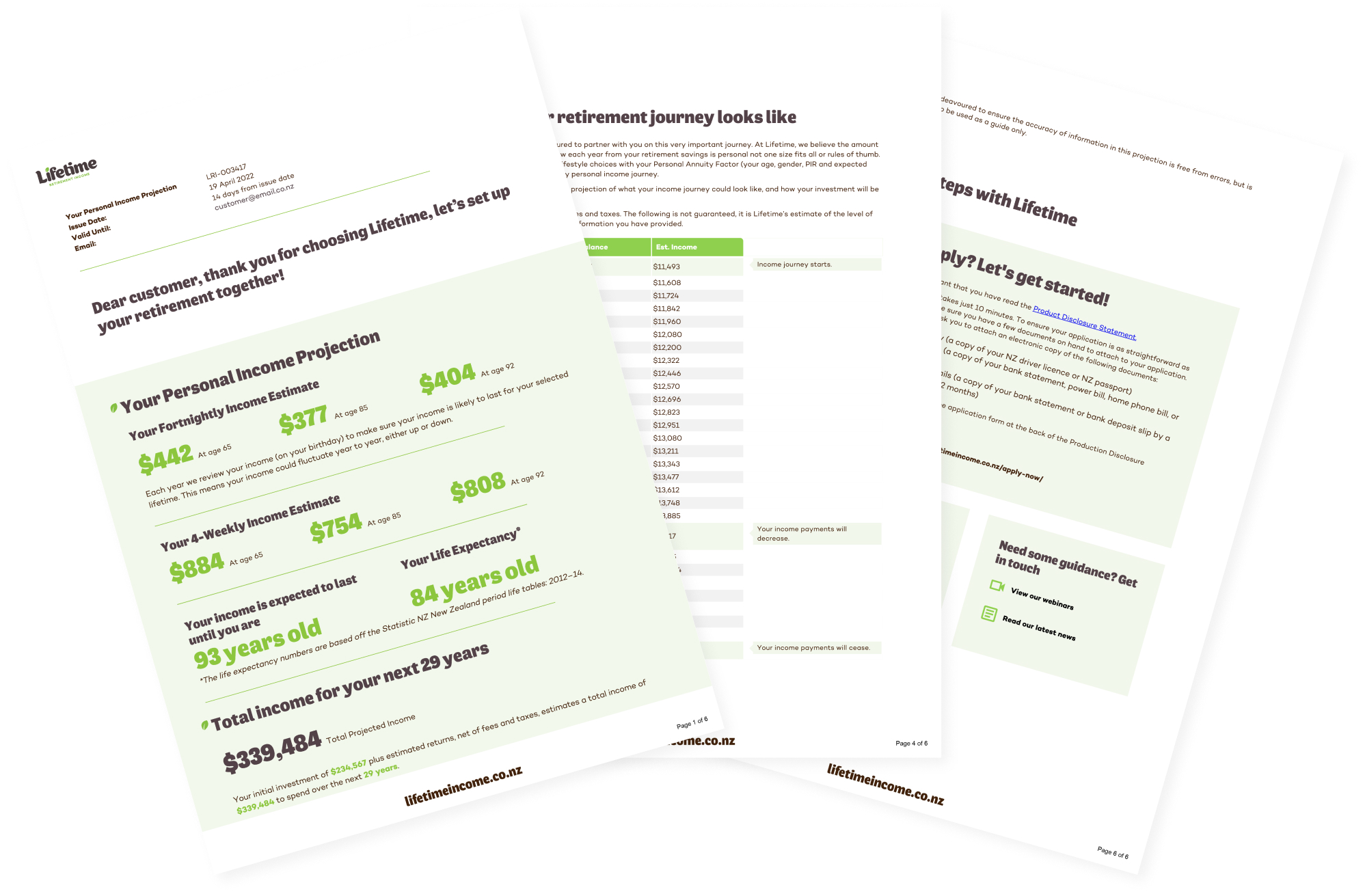News
19 July 2023
Learning to leave a legacy
Few of us probably spend much time thinking about our legacies - what we hope to pass on to future generations. Yet, most would say they’d like to leave something. According to new research from Public Trust on intergenerational wealth, 98% of Kiwis surveyed were keen to leave a legacy.
What is a legacy?
To be clear, this encompasses a whole lot more than just physical assets like property, investments and money in the bank. In fact, legacies are more likely to be linked to intangible things like values, happiness, and a good upbringing. While 71% of respondents said they wanted to leave a financial legacy, more than 85% wanted to leave an emotional one.
Legacy is better defined as ‘something positive and enduring that lasts beyond the time you’re here’ and includes the values and experiences you pass on. And it’s the accumulated stories, knowledge and wisdom that help build strong and flourishing communities.
“It is the combination of financial and emotional legacies that carries through the generations – the mix of values, connection and assets that creates security,” said Public Trust CEO Glenys Talivai.
The benefits of passing it on
We know the benefits that receiving a legacy can bring, too. More than half of those surveyed who had received a financial legacy reported an improvement in their wellbeing, while 71% said the same of receiving an emotional legacy.
Calculate what you could draw in retirement.

Yet, legacies are often a byproduct of life, or an after-thought, if they’re thought of at all. Almost half of those surveyed with families hadn’t taken formal actions to protect their legacy. In total, 15% of respondents had some form of protection for their physical possessions, while 21% considered their emotional assets adequately protected.
We don’t want to talk about it
Psychologist and TV personality Nigel Latta, who gave a light-hearted talk on the research at an event to celebrate Public Trust’s 150th anniversary, said it was something of a paradox, partly due to human nature.
“We know that receiving stuff – emotional or financial – is good for people. It makes people happy and can improve lives. But we’re not that great at protecting it or talking about it.
“To understand why that is, you have to understand humans. Humans are great. But we have our limitations. Homo sapiens means ‘wise’, but that’s more of an aspirational goal really, isn’t it? Rather than the default.”
Present day preoccupations
More seriously, Latta conceded that the current landscape made planning for and leaving a legacy that much more challenging.

“It’s weird times. Everyone feels stressed and burdened. It’s difficult for people to have a conversation about assets and legacies,” he said.
As the research notes, ‘while legacies are important, they will always compete with the here and now…inheritances are losing relevance and importance as times change’.
In fact, one in five people felt they didn’t have enough wealth to worry about protecting it, while 39% said their biggest concern was having enough for their own retirement.
Human nature
Yet, according to Latta, people naturally want to leave a legacy and help the people around them.
“I know you’re not allowed to talk about ‘kindness’ anymore. But it’s the default state for the human race. We’re not selfish and self-interested. We’re at our centre kind, we’re made to connect with other people,” he said.
While formal protections like wills are crucial to protect assets and ensure your wishes are met once you’re gone, that’s not the only way to pass on things of value.
Latta said a legacy shouldn’t be thought of just as words on a bit of paper that sits in a drawer. It’s also your narrative. It’s a conversation with the people you care about and their future.

Project your retirement income.
Leaving a legacy is making an active choice – and plan – to pass on the things you value, including family history, special memories, wisdom, and skills, that will help future generations flourish. It’s not just what, but why, too.
Invest with Lifetime for a retirement income managed for living.
